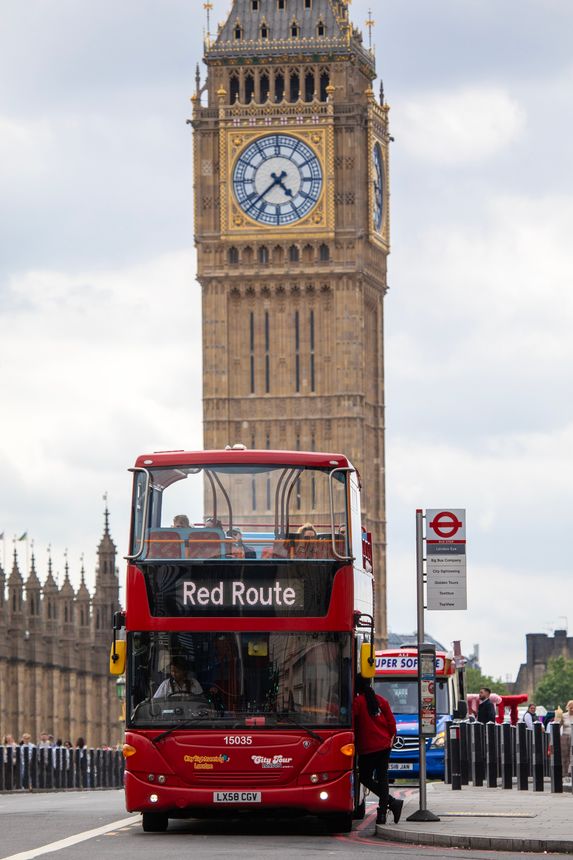As Mayor of London, Boris Johnson was once asked how he listens to music, “Have you discovered this wonderful thing called YouTube? I am afraid I just dial up whatever I want and put it on my laptop while I work. Anything from Brahms to The Clash.” Now five years, and several promotions, later, the Digital, Culture, Media and Sport Committee has announced it is looking into the impact of streaming on the future of the music industry.
At first glance the inquiry may appear to be an economic assessment (for example, of the impacts of the business models used by major streaming platforms on writers and performers). However, if you dig a little deeper, the Committee will also consider whether the government should be taking action to protect the industry from piracy in the wake of steps taken by the EU on copyright and intellectual property rights. One of the inquiry’s terms of reference is:
● How can the Government protect the industry from knock-on effects, such as increased piracy of music? Does the UK need an equivalent of the Copyright Directive?
You may remember that in January, in an about-turn from Theresa May’s policy, the UK government announced that it would not implement the EU Copyright Directive (see our article and Lens post). Mr Johnson has previously gone as far as to call the Copyright Directive “terrible for the internet”, and yet, the government now appears to be considering whether or not the UK needs its own version.
Member States have until 7 June 2021 to implement the Copyright Directive. One of its most controversial terms is Article 17, which makes internet platforms directly liable for copyright infringing posts by users. Platforms must pro-actively obtain a licence or waiver from each individual copyright owner, or otherwise not allow the content on the platform. This is in contrast to the current “reactive” regime whereby platforms only need remove infringing content if notified. This departure was highlighted in the recent YouTube and Google cases (see our Lens post). In his Opinion, AG Øe recommended that under existing legislation online platforms (such as YouTube) should not be directly liable if users upload content which infringes works protected by copyright. However, the case would have been decided differently if it were heard under the EU Copyright Directive. AG Øe noted that the new regime represents a political choice by the EU legislature to support creative industries.
The Committee’s deadline for submissions is 16 November 2020, and it will be interesting to see how respondents react to this apparent U-turn. Maybe the Copyright Directive is not so terrible after all?



/Passle/5badda5844de890788b571ce/SearchServiceImages/2026-02-13-15-42-31-096-698f466793629fb6669ad654.jpg)
/Passle/5badda5844de890788b571ce/SearchServiceImages/2026-02-13-08-33-03-708-698ee1bfaf5bf7dc43be7326.jpg)
/Passle/5badda5844de890788b571ce/SearchServiceImages/2026-02-05-13-55-08-021-6984a13cdb300c6e5a2287f0.jpg)
/Passle/5badda5844de890788b571ce/SearchServiceImages/2026-02-05-15-51-50-076-6984bc96420a490d88046455.jpg)